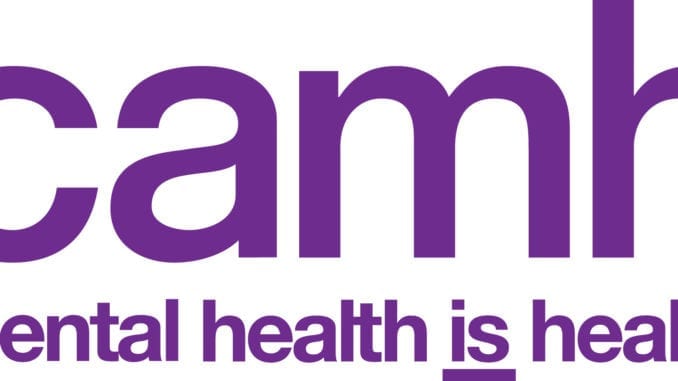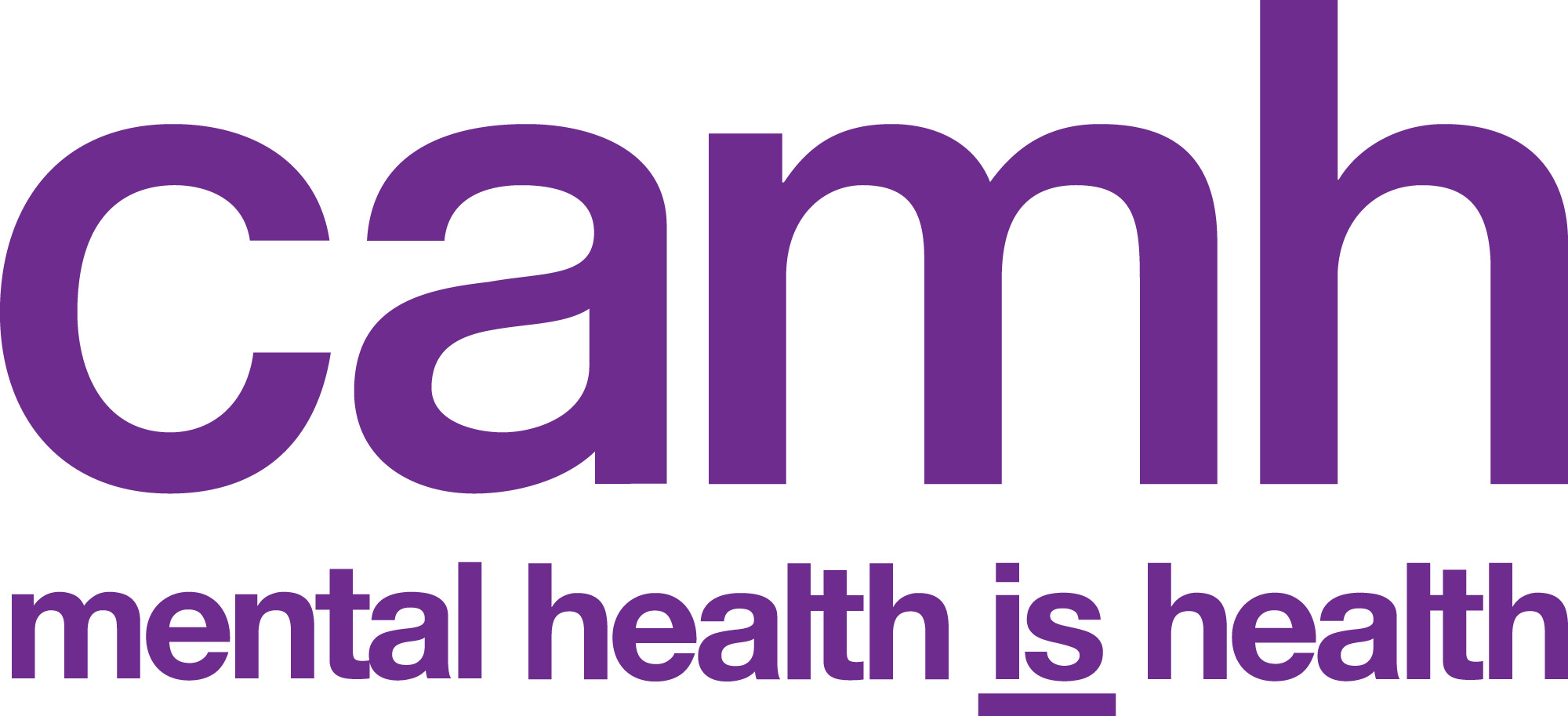

As Canada’s leading mental health research facility, The Centre for Addiction and Mental Health (CAMH) aims to inspire hope through discovery. We are revolutionizing our understanding of the brain and the causes, biomarkers and treatments for mental illness. We are transforming the way we do research so that all CAMH patients and staff have a role in advancing discovery. And will continue to use evidence to drive system improvements and advocate for social change to optimize mental health care for all.
Suicide is a high-priority research area for CAMH. About 4,000 Canadians per year die by suicide — almost 11 per day. It’s also estimated about 90 per cent of people who die by suicide have a mental illness.
Learning from suicide notes
Working with a Sunnybrook Health Sciences Centre team, CAMH researchers are hoping insight gained from a study of suicide notes will support future efforts to prevent suicide. The study was published in the Canadian Journal of Psychiatry.
“By investigating suicide notes, we have an opportunity to improve our understanding of the mind-set of people in the moments prior to their suicide deaths. The hope is that we can use this information to understand patterns of thinking that contribute to suicide. These patterns can be targets of treatment in those at risk,” says senior author Dr. Juveria Zaheer, a Clinician Scientist in CAMH’s Institute for Mental Health Policy Research.
Brain Stimulation
Research conducted at CAMH’s Temerty Centre for Therapeutic Brain Stimulation has shown that repetitive transcranial magnetic stimulation (rTMS) reduces suicidal thinking in a significant portion of people with hard-to-treat depression. The study was published in the Journal of Clinical Psychiatry.
“This is one of the first large studies showing rTMS is effective in treating suicidal ideation,” says Dr. Jeff Daskalakis, senior author of the study and Co-Director of the Temerty Centre for Therapeutic Brain Intervention in CAMH’s Campbell Family Mental Health Research Institute. “The effects on suicidal ideation were independent of effects on depressive symptoms.”
The promising findings give hope that rTMS may offer a new way to prevent suicide in people with hard-to-treat depression, as well as other mental illnesses.
Through these and other innovative research projects, CAMH is working to create a world where everyone believes that life is worth living.
The Centre for Addiction and Mental Health is a Sponsor of Research Canada’s Your Candidates, Your Health 2019 Federal Election Campaign. To learn more, visit yourcandidatesyourhealth.ca.

